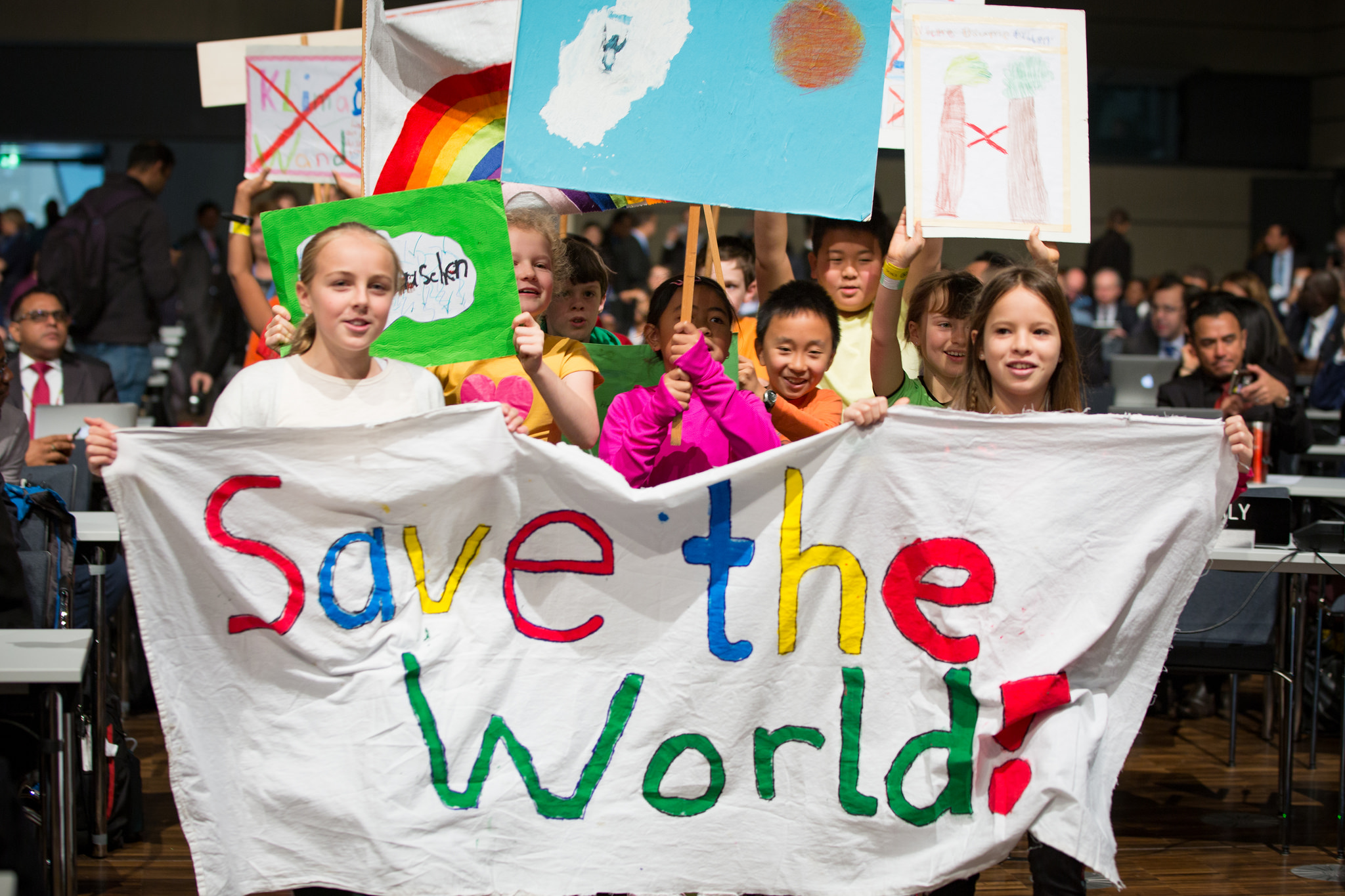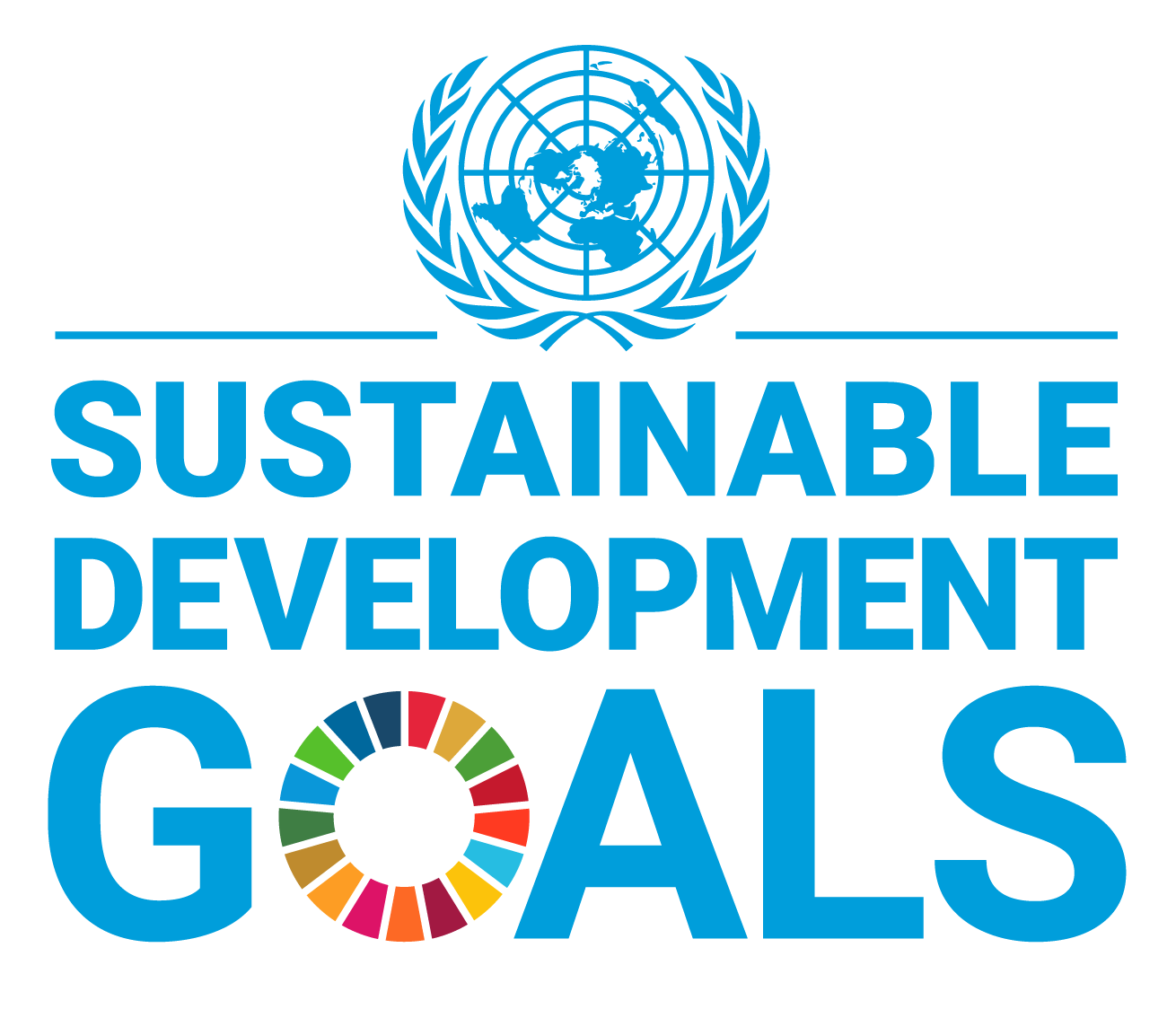
Unlocking A Sustainable Future: COP30 Climate Negotiations For Global Action
Climate change is the biggest challenge of our time, and its impacts are being felt all over the world. Extreme weather events such as hurricanes, floods, and droughts are becoming more frequent and intense, threatening our way of life and economy. Sea levels are rising, displacing coastal communities and eroding our beaches. And the burning of fossil fuels is releasing harmful pollutants into the atmosphere, contributing to air pollution and climate change.
Editor's Note: "Unlocking A Sustainable Future: COP30 Climate Negotiations For Global Action" have published today as conference scheduled November 2023. Climate Change Conference will take place 6-18 November 2023, at Dubai, United Arab Emirates and this will be the 30th yearly session of the Conference of the Parties (COP) to the United Nations Framework Convention on Climate Change (UNFCCC).
We believe that the upcoming COP30 is an important opportunity for the world to come together and tackle this crisis. That's why we've put together this guide to help you understand the importance of COP30 and what you can do to get involved.
Below are some of the key takeaways from their report:
| Key Difference | Key Takeaways |
|---|---|
| Progress made since COP26 | Significant progress has been made on a number of fronts since COP26, including: The adoption of the Glasgow Climate Pact, which sets out a roadmap for keeping the 1.5°C goal within reach. The establishment of the Glasgow Financial Alliance for Net Zero (GFANZ), which brings together financial institutions from around the world to accelerate the transition to a net-zero economy. The launch of the Race to Zero campaign, which has seen over 10,000 organizations around the world commit to achieving net-zero emissions by 2050 |
| Challenges that remain | Despite the progress that has been made, a number of challenges remain, including: The need to accelerate the transition to a clean energy economy. The need to provide financial support to developing countries for climate mitigation and adaptation. The need to address the social and economic impacts of climate change. |
| What can be done | There are a number of things that can be done to address the challenges that remain, including: Investing in renewable energy and other clean energy technologies. Providing financial support to developing countries for climate mitigation and adaptation. Addressing the social and economic impacts of climate change. |
Important notes:
- The annual UN climate conference is known as the Conference of the Parties (COP) and brings together representatives from all 197 parties to the UNFCCC.
- The goal of the COP is to review the implementation of the Convention and any other legal instruments adopted by the COP and to make decisions necessary to promote the effective implementation of the Convention, including through the development of supplementary agreements.
- COP30 will be the first time that the conference will be held in the Middle East.
- The conference is expected to attract 25,000 participants, including world leaders, scientists, businesses, and civil society groups.
- The conference will focus on a number of key issues, including:
- The implementation of the Paris Agreement.
- The provision of financial support to developing countries.
- The development of adaptation and mitigation strategies.
- The role of technology in addressing climate change.
- The outcome of COP30 will be critical in determining the future of global efforts to address climate change.
FAQ
This FAQ section addresses common concerns and misconceptions surrounding the COP30 Climate Negotiations and the global call for climate action.

The world is taking climate action The world is taking climate action - Source www.montereybayaquarium.org
Question 1: What is the significance of COP30?
COP30 marks a crucial juncture in global climate negotiations, bringing together world leaders and stakeholders to accelerate progress toward sustainable development goals. It aims to strengthen international commitments, mobilize resources, and foster collaboration for transformative climate action.
Question 2: What are the key agenda items of COP30?
COP30's agenda focuses on pressing climate change mitigation and adaptation strategies, including: enhancing commitments under the Paris Agreement, promoting sustainable finance, accelerating the transition to renewable energy, safeguarding biodiversity, and addressing loss and damage from climate impacts.
Question 3: How can individuals contribute to the outcomes of COP30?
Individuals play a vital role by raising awareness, advocating for climate action, and making sustainable lifestyle choices. Participation in community initiatives, supporting climate-friendly businesses, and engaging with decision-makers can amplify individual voices and influence policy outcomes.
Question 4: What are the potential barriers to achieving successful outcomes at COP30?
Barriers include differing national priorities, economic considerations, geopolitical tensions, and historical responsibilities for climate change. Overcoming these challenges requires mutual understanding, compromise, and a shared commitment to global well-being.
Question 5: How can the outcomes of COP30 impact the future of climate action?
COP30 has the potential to catalyze ambitious climate action, strengthen international cooperation, and accelerate the transition to a sustainable future. Its outcomes can influence investment decisions, drive technological innovation, and empower local communities to address climate challenges.
Question 6: What does a successful COP30 mean for the planet and future generations?
A successful COP30 would signify a renewed global commitment to mitigating climate change, safeguarding ecosystems, and building a resilient future. It would empower communities, foster sustainable economic growth, and provide hope for a habitable planet for generations to come.
In conclusion, COP30 is an essential platform for advancing climate action and shaping a sustainable future. Through collaboration, innovation, and unwavering commitment, we can unlock a transformative path toward a thriving and resilient planet.
Transition to the next article section

Negotiators Strike a Climate Deal, but World Remains Far From Limiting - Source www.nytimes.com
Tips
To drive meaningful outcomes at COP30, stakeholders can adopt the following strategies:
Tip 1: Strengthen partnerships and collaborations.
Tip 2: Employ science-based and innovative solutions.
Tip 3: Drive inclusive and equitable climate action.
Tip 4: Ensure a just transition for all.
Tip 5: Mobilize finance for climate action.
By adhering to these tips, participants can contribute to a successful COP30 that accelerates the transition to a sustainable future.
For more insights, refer to Unlocking A Sustainable Future: COP30 Climate Negotiations For Global Action
Unlocking A Sustainable Future: COP30 Climate Negotiations For Global Action
The COP30 climate negotiations provide a critical platform for global action on climate change. By addressing essential aspects of sustainability, these negotiations aim to unlock a future where environmental integrity and human well-being thrive in harmony.
- Climate Justice: Ensuring equitable distribution of responsibilities and benefits.
- Ambitious Targets: Setting science-based emission reduction goals for a net-zero future.
- Finance and Technology: Mobilizing resources and sharing innovations to support climate mitigation and adaptation.
- Nature-Based Solutions: Recognizing and harnessing the role of ecosystems in climate regulation.
- Local Action: Empowering communities and cities to drive change at the grassroots level.
- Resilience and Adaptation: Strengthening communities' ability to withstand and adapt to climate impacts.
These aspects are interconnected, forming a comprehensive approach to climate action. Climate justice ensures a fair global response, while ambitious targets guide the necessary emissions reductions. Finance and technology provide the means to implement solutions, and nature-based approaches leverage natural systems to mitigate climate change. Local action empowers communities to drive change, and resilience and adaptation strategies enhance society's ability to withstand climate impacts. By addressing these essential aspects, the COP30 climate negotiations aim to unlock a sustainable future where present and future generations can thrive in a thriving and resilient environment.
![]()
The U.N. climate negotiations are over, and they were a disaster | Grist - Source grist.org
Unlocking A Sustainable Future: COP30 Climate Negotiations For Global Action
The 26th Conference of the Parties, also known as COP26, took place in November 2021. It was the first time that countries had met since the adoption of the Paris Agreement in 2015. The key goal of COP26 was to secure global net zero emissions by mid-century and keep 1.5 degrees within reach. One of the main outcomes of COP26 was the Glasgow Climate Pact, which set out the path towards achieving these goals. The pact included several important elements, such as a commitment to phase out coal power and end deforestation.

Climate negotiations timeline - United Nations Sustainable Development - Source www.un.org
COP30 is scheduled to take place in 2023. It will be the 30th meeting of the Conference of the Parties to the United Nations Framework Convention on Climate Change (UNFCCC). COP30 will provide an opportunity for countries to take stock of progress towards achieving the goals of the Paris Agreement and to make further commitments to climate action. Critical issues are expected to be discussed, such as the need for increased ambition on emissions reductions, the provision of financial support to developing countries for climate mitigation and adaptation, and the importance of collaboration between governments, businesses, and civil society.
The successful conclusion of COP30 is crucial for several reasons. First, it will send a strong signal to the world that countries are committed to taking action on climate change. This will help to build momentum for further action and encourage businesses and investors to invest in sustainable solutions. Second, COP30 will provide a platform for countries to share best practices and lessons learned. This will help to accelerate progress towards achieving the goals of the Paris Agreement. Third, COP30 will help to build trust and cooperation between countries. This is essential for addressing the global challenge of climate change.
Here is a table summarizing the key details of COP30:
| Date | 2023 |
|---|---|
| Location | TBD |
| Key Goal | Take stock of progress towards achieving the goals of the Paris Agreement and to make further commitments to climate action. |
| Expected Outcomes | Increased ambition on emissions reductions, provision of financial support to developing countries for climate mitigation and adaptation, collaboration between governments, businesses, and civil society. |
Recomended Posts


